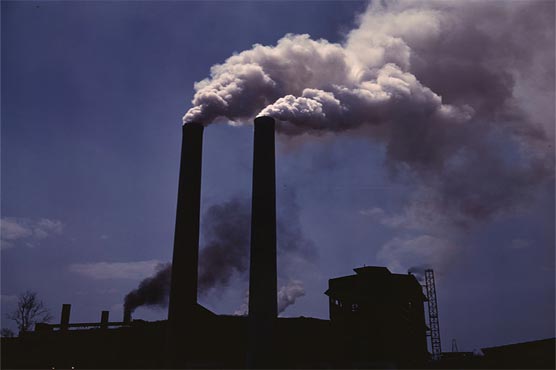Air pollution is linked to increased risk of developing an irregular heartbeat and blood clots in the lung, research suggests. The impact of air pollution on the risk of heart attack and stroke is less clear, say UK experts.
Analysis of data from England and Wales shows air pollution is particularly harmful in the elderly. Further research is needed on pollution and cardiovascular health, says the British Heart Foundation.
A team at the London School of Hygiene & Tropical Medicine analysed data collected in England and Wales between 2003 and 2009 on links between cardiovascular problems and short-term air pollution.
They found short-term air pollution was linked to arrhythmia (abnormal heart rhythm) and blood clots in the lung. The strongest link was in the over-75s and in women, lead researcher Dr Ai Milojevic told.
“Our study found some evidence of air pollution effects on irregular heart beat (arrhythmia) but no clear evidence on heart attack (Myocardial Infarction) and stroke which represents ultimately blood clotting process[es],” she said.
“Elderly people and hospital patients with chronic ischaemic heart disease or irregular heart beat are observed to be at particular risk.”
Commenting on the study, published in the journal, Heart, the British Heart Foundation said previous studies had shown air pollution could make existing heart and circulatory conditions, including heart attacks, worse in vulnerable people.
“This research adds weight to what we already know, but goes further to suggest a link between air pollution and an increased risk of blood clots in the lungs and heart rhythm atrial fibrillation,” said Julie Ward, senior cardiac nurse.
“But, as with many studies, we do need to look at the bigger picture and, although this is a large comprehensive study, it did have its limitations. “We do, therefore, recognise that further research into exactly how air pollution particles affect the cardiovascular system needs to be carried out.”
Seven million people died as a result of air pollution in 2012, according to World Health Organization estimates. Its findings suggest a link between air pollution and heart disease, respiratory problems and cancer.
Source: bbc




